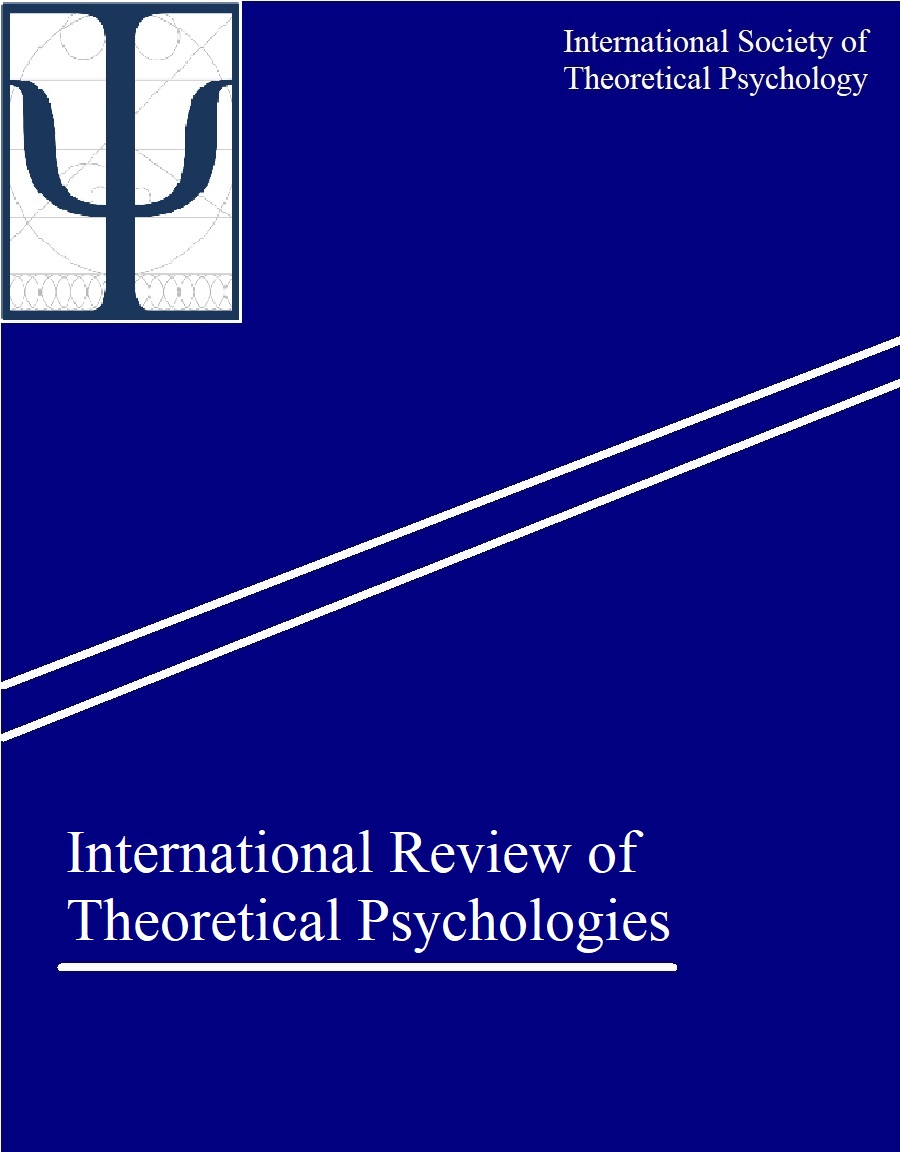"Crisis” and “re-foundation” of psychology – outmoded topics of theoretical-psychological discourse?
Retrospections and Assessments
DOI:
https://doi.org/10.7146/irtp.v1i1.127081Keywords:
grounded action, problems of replicability, crisis in psychology, scientific indeterminancy, unificationAbstract
In the 1970-80ies critical assessments of the problematic state of psychology as science were flourishing, stressing the theoretical disintegration and practical irrelevance of psychological basic research and connecting both defects to a misplaced dependence of mainstream psychology on a scientistic notion of scientific cognition. Talks of a crisis in psychology were gaining ground again. Controverting the paradigmatic maturity vs. the pre-/non-paradigmatic state of our discipline or, alternatively, its necessarily multi-paradigmatic character, the quest for unification as against a programmatic theoretical pluralism became a top issue of scholarly dispute. The institutionalisation of ISTP in 1985 and its initial epistemological and meta-theoretical core themes clearly reflected this pervasive trend. Some 35 years later, it has become noticeably quiet about such concerns, and there is no evidence of a renewal of large-scale discussions on a foundational crisis in psychology, let alone of ambitious attempts at theoretical unification or re-foundation – despite the fact that none of the “epistemopathologial“ (Koch, 1981) diagnoses of traditional variable-psychology have been refuted or lost strategic importance. Combining historical retrospection with an exemplary analysis of topical theoretical-psychological subjects, the aim of my paper is to get a clearer idea of where Theoretical Psychology currently stands in regard to the meta-scientific study of psychological theory-problems.
Downloads
Published
How to Cite
Issue
Section
License
Copyright (c) 2021 Wolfgang Maiers

This work is licensed under a Creative Commons Attribution-NonCommercial-ShareAlike 4.0 International License.
IRTP operates based on a non-exclusive publishing agreement, according to which the journal retains the right of first publication, but authors are free to subsequently publish their work. The copyright of all work rests with the author(s).
All content published in IRTP is licensed under a Creative Commons Attribution-NonCommercial-ShareAlike 4.0 International license (CC BY-NC-SA 4.0). This license allows authors and readers to share and adapt content for non-commercial purposes, provided that they abide by the following terms:
- Give credit to the original author(s)/creator(s) and attribution parties (i.e., IRTP);
- Provide a link to the original source, to the extent practicable;
- Include the copyright notice and/or indicate the corresponding Creative Commons license;
- Indicate what, if any, adaptations were made to the original; and
- Share adapted content under the same license as the original.
Authors are encouraged to familiarize themselves with the various Creative Commons licenses. Readers are advised to consult the licensing information embedded in each published work to ensure that they are familiar with the terms of use that apply.





